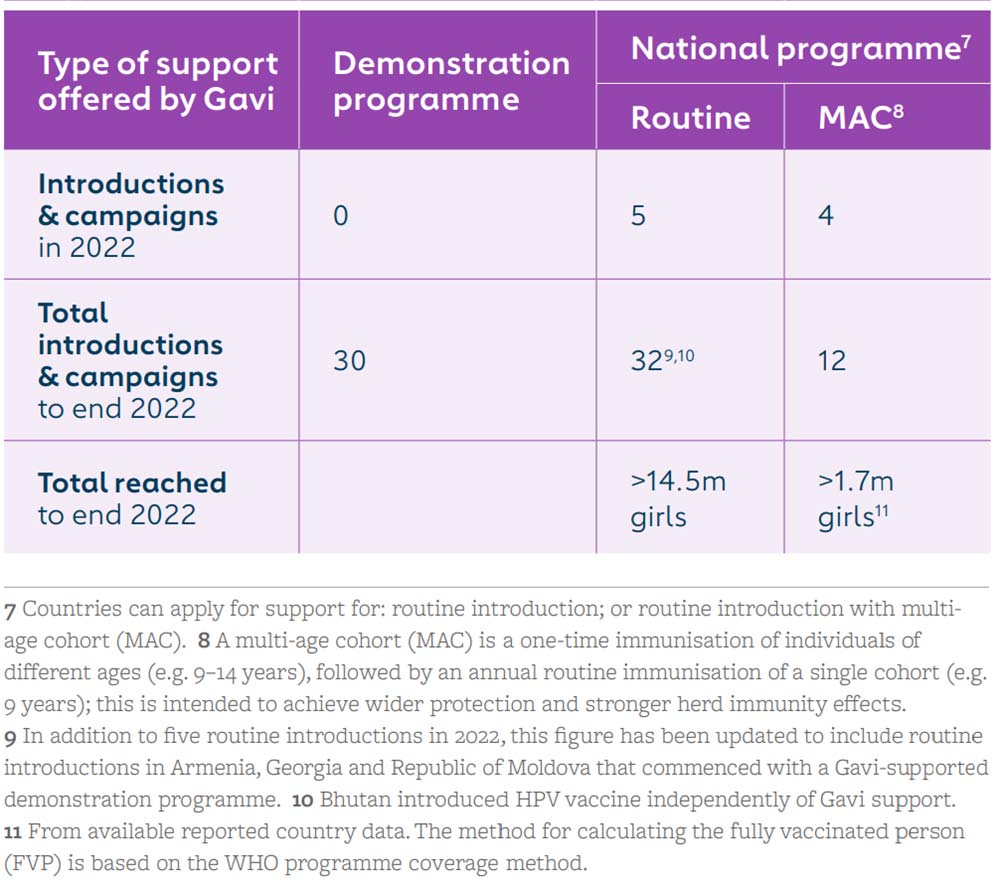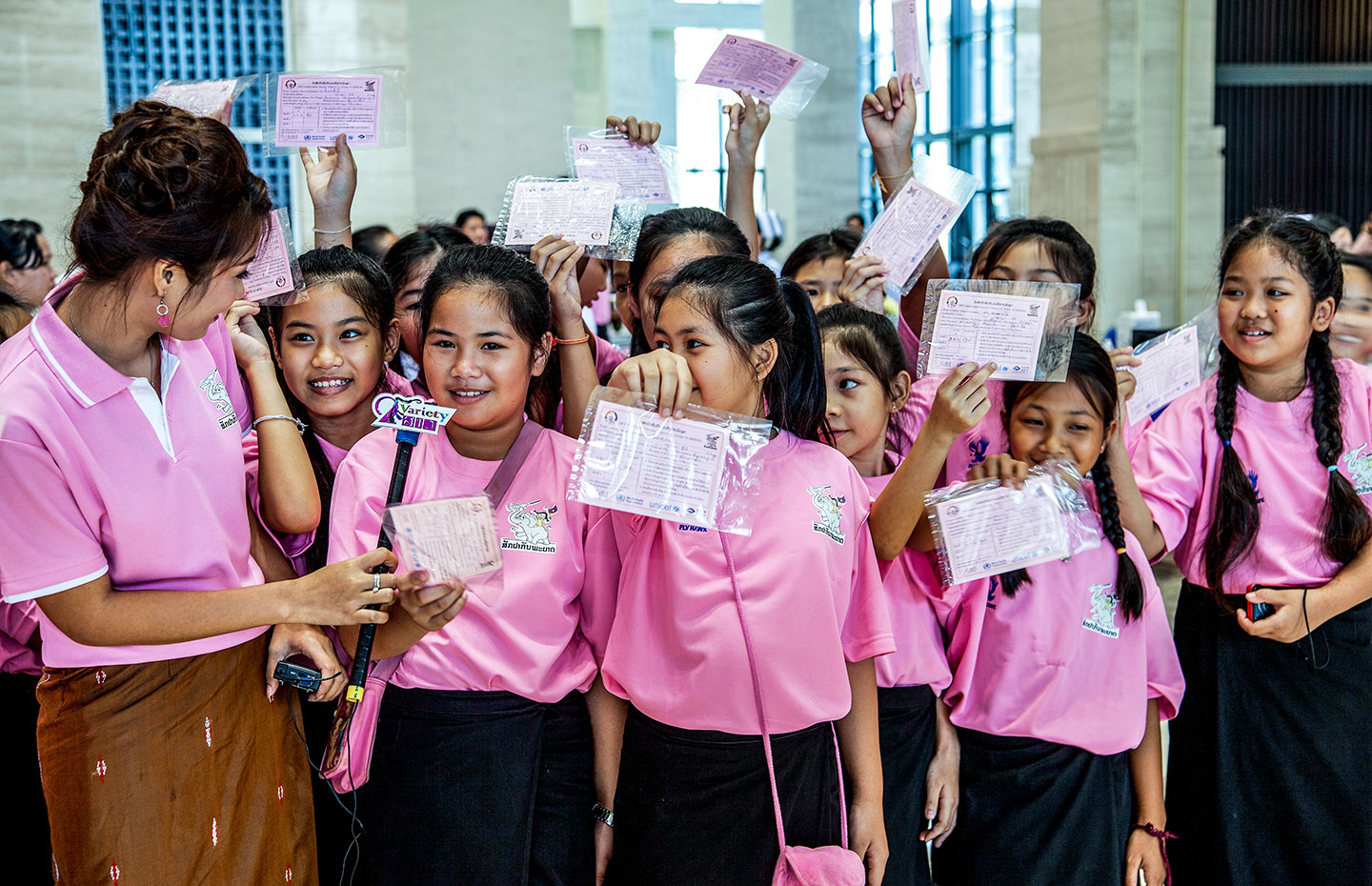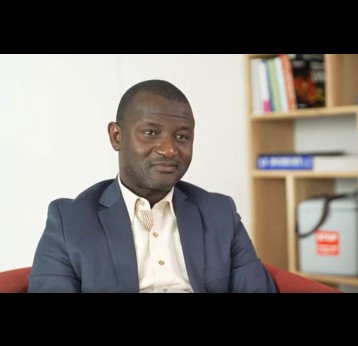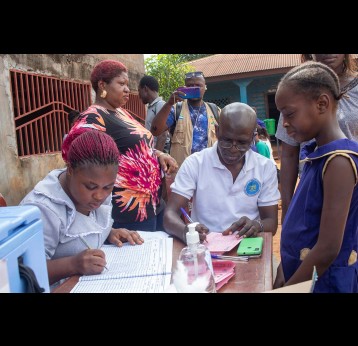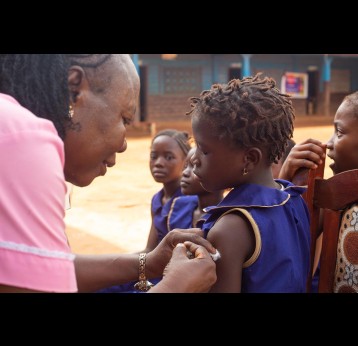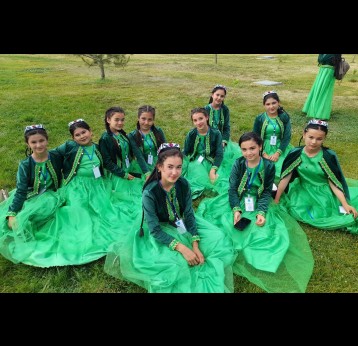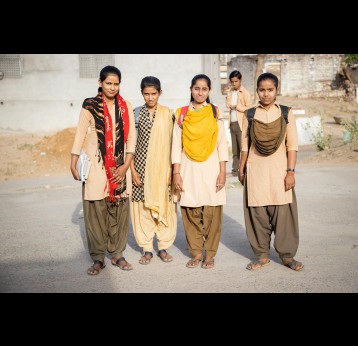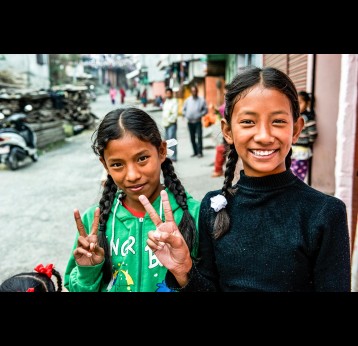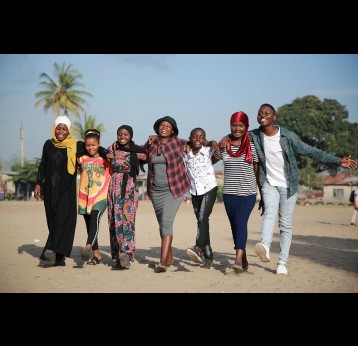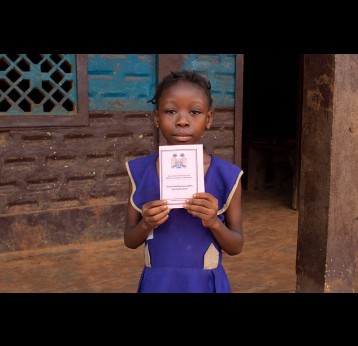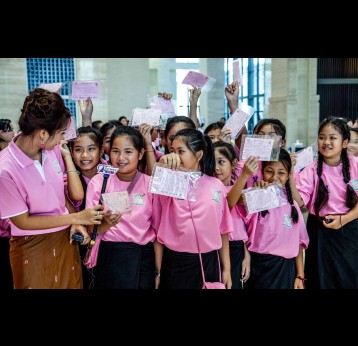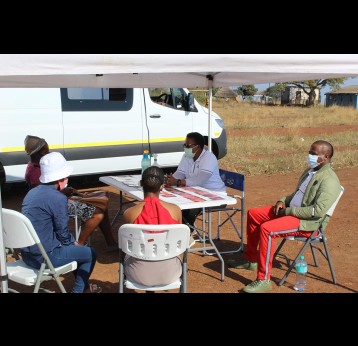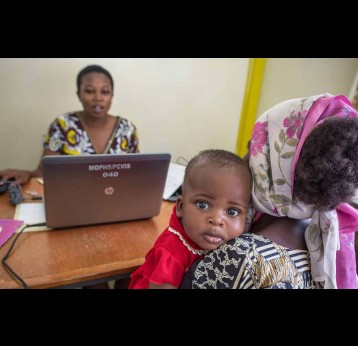Gavi’s response
Historically, the high cost of HPV vaccine, limited supply and challenges of reaching adolescent girls to deliver immunisation have been barriers to introduction in lower-income countries. Gavi is working to bridge the equity gap by providing support for HPV vaccine and ensuring sustainable prices. Gavi supports HPV vaccines for national introduction, with immunisation of multi-age cohorts of girls aged 9–14 years.
These objectives have been facilitated by an easing of global HPV vaccine supply constraints, the permissive recommendation by SAGE for a one-dose schedule (compared with the two-dose schedule) and the waning of COVID-19 pandemic-related delivery disruptions. Nonetheless, by end 2022, over 16 million girls had been reached with HPV vaccine with Gavi support.
In December 2022 the Gavi Board approved the revitalisation of the Alliance’s HPV vaccine programme with a US$ 600+ million investment through 2025. With the additional funding in place, the Alliance has set an ambitious goal to reach over 86 million girls with HPV vaccine by 2025, aiming to avert over 1.4 million future deaths from cervical cancer.
The revitalisation will allow Gavi to dedicate additional funding to help countries and partners reach more girls than ever with this life-saving vaccine – through expanded funding for vaccines, introduction and campaign costs;, and expanded support for technical assistance.
Gavi-eligible countries can also utilise health system strengthening (HSS) funding to develop tailored approaches to improve and sustain HPV vaccination coverage.
Gavi procures three HPV vaccines that have been prequalified by WHO. Through long-term agreements with manufacturers, supply is likely to be sufficient to meet the ongoing demand for delayed MAC catch-up campaigns and routine introductions, supported by the adoption of a one-dose schedule by countries, and suppliers ramping up production.
FROM OTHER SITES
